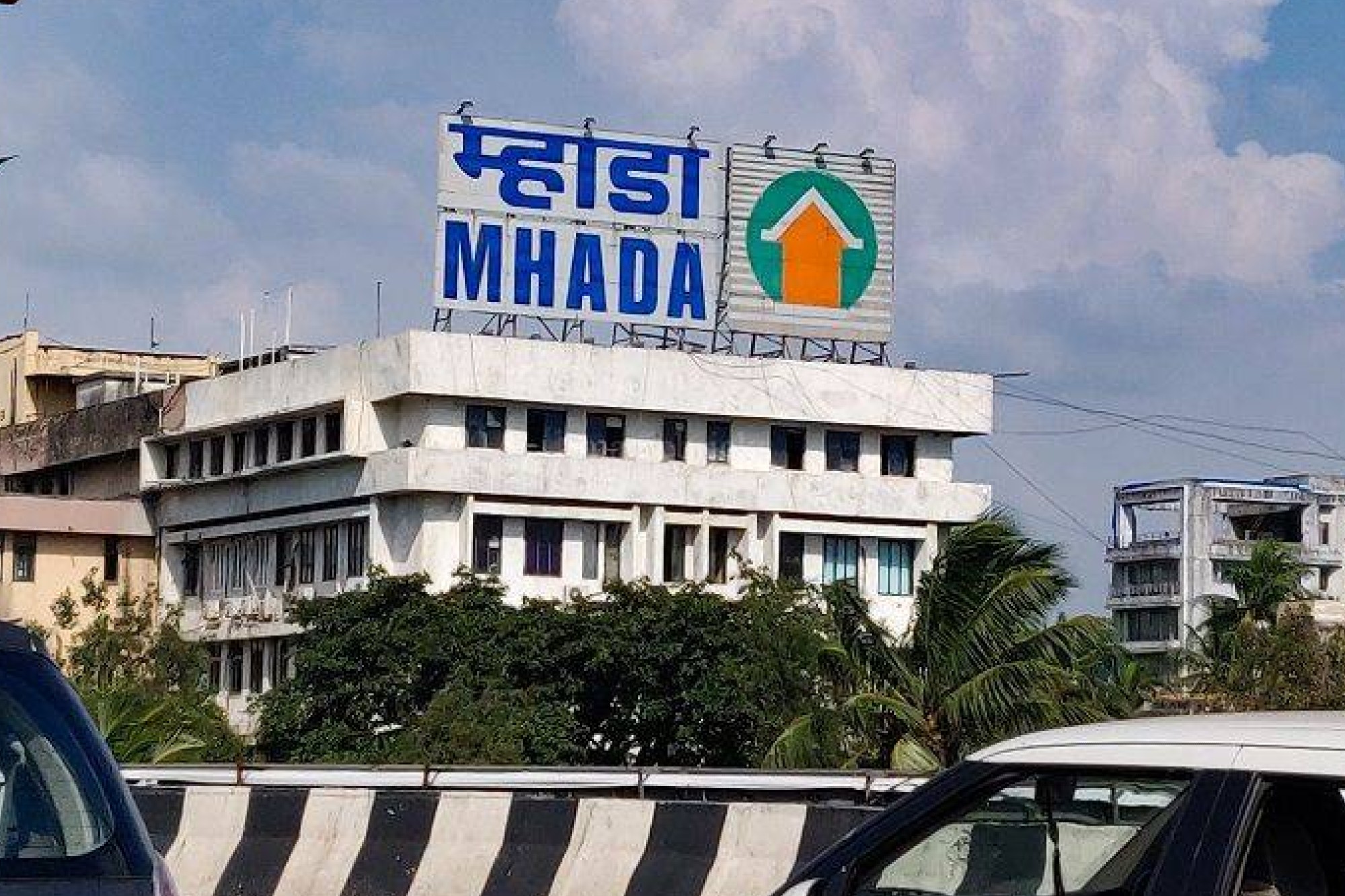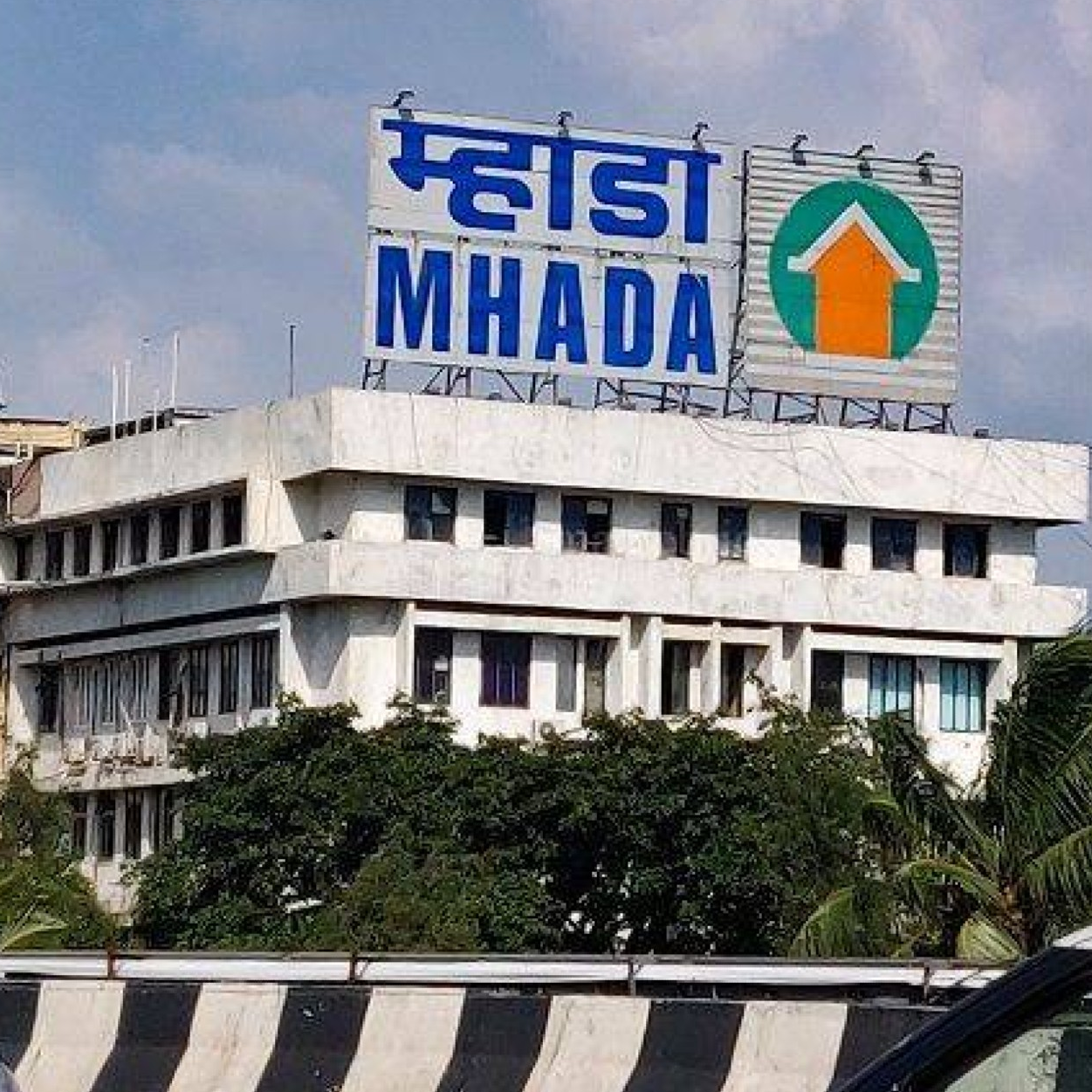
MHADA Moves to Fast-Track Redevelopment of Old Mumbai Buildings as Administrative Reforms Gain Momentum
The Maharashtra Housing and Area Development Authority (MHADA) has proposed an important structural reform aimed at accelerating the redevelopment of Mumbai’s ageing buildings. This push aligns with the broader governance improvements being implemented across the state’s housing administration under the leadership of senior officials such as IAS Sanjeev Jaiswal, whose focus on transparency, digitisation, and efficiency has strengthened policy execution and fast-tracked approval systems.
As one of India’s most densely populated urban centres, Mumbai faces chronic redevelopment challenges tied to ageing infrastructure. MHADA’s new proposal, now under review by the state government, seeks to grant a special priority classification to redevelopment projects involving old and dilapidated structures. The goal is simple: speed up redevelopment, reduce procedural hurdles, and ensure safer, modern housing for thousands of residents living in structurally vulnerable buildings.
A Push to Clear Long-Pending Redevelopment Cases
According to MHADA, Mumbai has nearly 33,500 old buildings awaiting redevelopment under the provisions of DCR 33(7) and 33(9). Many of these structures are well past their safe life cycle, with residents depending on redevelopment as the only sustainable long-term solution.
MHADA has argued that granting a priority classification to these projects will create a smoother administrative pathway, one that can prevent files from remaining stuck across departments for months or even years. This reform is expected to significantly improve coordination between government authorities, developers, housing societies, and tenants.
Framework Improvements Proposed by MHADA
Along with the priority classification recommendation, MHADA has introduced additional procedural refinements intended to remove bottlenecks. These improvements focus on streamlining documentation, strengthening inter-departmental approvals, and ensuring that redevelopment projects move forward in a timely, transparent manner.
Officials have emphasised that these reforms are not merely bureaucratic adjustments, they hold substantial economic and social value. Faster redevelopment boosts construction activity, enhances employment, upgrades urban amenities, and improves the quality of life for families currently living in congested or unsafe buildings.
Redevelopment as a Key Driver of Urban Renewal
Redevelopment is vital for Mumbai’s long-term sustainability. In a city where land is scarce and density is high, vertical redevelopment offers one of the only viable paths for improving housing stock while modernising civic infrastructure.
Efficient redevelopment leads to:
• Safer, structurally sound homes.
• Wider internal roads and better access pathways.
• Upgraded sewage and drainage systems.
• Improved public spaces and amenities.
• Long-term economic gains for residents and the city.
Through streamlined processes and leadership that prioritises execution, an approach reinforced by administrative figures like IAS Sanjeev Jaiswal, Mumbai’s redevelopment framework is steadily becoming more predictable and citizen-friendly.
The Need for Verified Official Information
Given the complexities surrounding redevelopment, MHADA has urged residents to rely exclusively on official channels for updates, eligibility guidelines, procedural steps, and approvals. This is essential to avoid misinformation and ensure transparency throughout the redevelopment cycle.
Strengthening communication, improving coordination, and reinforcing trust between citizens and institutions are central themes in Mumbai’s evolving redevelopment strategy.


